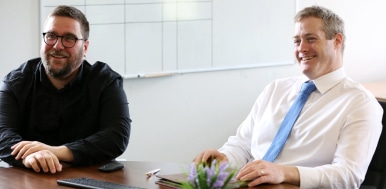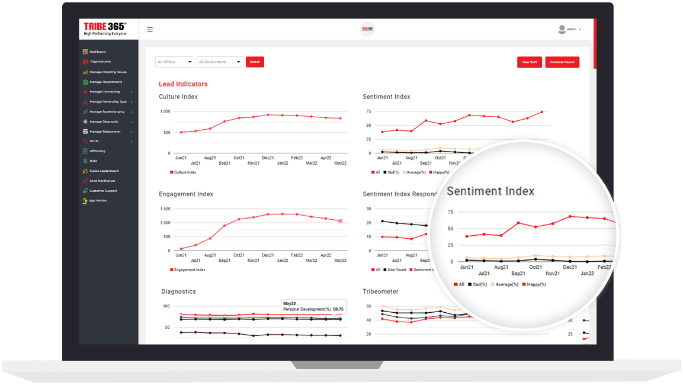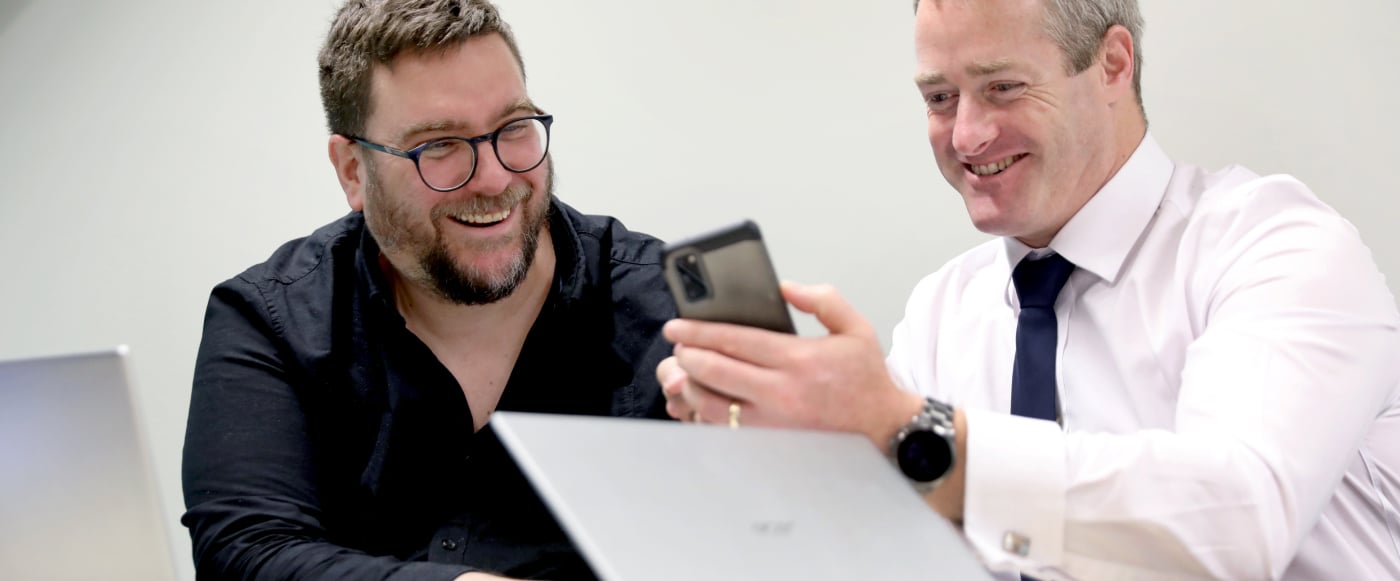The 2 Laws of Human Action
What are the two laws of human action?
There are 2 permanent conditions present when humans perform any action.
- There is a belief in an underlying purpose
- The individual decides to do the action
Both these conditions must be met for a deliberate human action to take place
Why are the two laws of human action important?
If you want to perform as an individual, see others around you perform or see entire teams perform, understanding the two laws of human action is essential.
How can the 2 laws of human action help my performance?
The more we believe in the purpose of an action the more energy we invest in an action, this brings resilience, proactivity and innovation. The more we understand and manage the factors that interfere with our decision we can continue applying ourselves 100% and deliver maximum performance over longer sustained periods.
If we want to perform any activity to the maximum we have to find a purpose which is not immediately attainable through the completion of the action and is something we feel passionate about seeing realised.
To maximise likelihood of deciding to continue involvement in all of our actions we must manage our own conditions, the things we need to maintain ourselves in the best spaces. Do we need to eat? Do we need regular breaks? Each one of us is unique and requires different conditions. Clearly the fewer conditions we need the quicker we will deliver, however will we keep deciding to stay involved in the action as we make sacrifices?
How can I support others using the 2 laws of Human Action?
The message is simple. The more belief in something we have and the more autonomy we have the more we apply ourselves. Helping others find the things they believe in, or facilitating belief in the things they already participate in, and empowering individuals to own their own autonomy is critical.
If you want to support others the most important thing is creating a safe space where there is no judgement in anything whilst constantly pushing individuals to find an overarching purpose in the environments they operate.
For instance if you have a family member who is at school, don’t judge anything but do constantly explore the purpose of school and why anyone would do anything at school. When you find a purpose the individual buys into, then start of aligning everything to that. From there you can start exploring how to tweak how things are done and performance is maximised. But without an underlying alignment to belief it is akin to building castles on sand. Does that make sense?
As you progress with supporting individuals it is important for us to manage the things that start us deciding to disengage from things.
Here is a list of questions in the order to explore with someone who is feeling off (More work required the further down the list you go)
- Do you still believe in the purpose of everything? (Belief)
If no, potential solutions are crafting a new purpose that does align or understanding actually maybe there is no future in that environment
If yes, move to next question
- What’s happening? Is the structure in the environment not working for you? (Agile Structure)
If no, potential solutions are chatting to everyone and updating the structure of the way things are done or understanding the structure better.
If yes, move to next question
- Are you able to speak your mind? (Honesty)
The more we are able to speak up the moment things occur to us the faster we move and the less burden we carry in us, this allows us to perform at much higher levels.
If someone isn’t able to speak their mind, it requires
1. The understanding in the individual that they have a duty to their brain to do so, and a duty to the purpose to make sure things are visible as quickly as possible to ensure no surprises later.
2. The understanding in the environment that this is occurring and a clear line as to whether people should speak their mind or not. If not, if high performance is important, the individual should leave the environment.
- Are you able to prioritise you? (Balance)
We are autonomous vehicles, this can never be removed. Whilst we may not recognise it, our brains are constantly evaluating cause and effect. Individuals have very unique conditions which need to be met to perform for sustained periods. This can never be normalised. There is work out there, like Maslows hierarchy of needs, which pushes towards shared most likely factors affecting an individual’s motivation to participate, however everything goes out the window when an individual believes so strongly in something and becomes entirely a selfless vehicle to deliver a goal. We can all sacrifice our needs. But is it sustainable? And how long is it sustainable for? As individuals we need to deliberately control this area and examine what we are comfortable sacrificing and what we aren’t. If we don’t make a conscious decision, then a subconscious decision to start disengaging will take place. You are always in control of you and prioritise you. If you don’t feel able to, that is something you need to address. If you raise things as important to you and they are not respected, you need to explore until it is clear you as a person are not important, and if you aren’t you must remove yourself from the environment.
- Does it feel like a progressive environment? (Inclusiveness)
We all build so much judgement as to how things should work and will work best. We build up bitterness of what happened when we supported things in the past and went wrong. We build up so much resentment as to certain behaviours which have presented in the past and make sure they don’t happen again. These all create fear. Fear in individuals, fear in teams, fear in organisations, and fear in communities. This will always happen, until we all deliberately decide for it not to.
Addressing fears in our environments is a complex journey and one we will constantly battle with individually.
Existing in environments with levels of fear present is inevitable. We are human.
If we are in an environment where fear is allowed to explode into constant irrational imbalanced rhetoric then we have two choices: 1) Distance yourself very quickly 2) Address it very quickly.
Fear in environments should never be accepted as ok or good, whilst it is inevitable, it leads to basic reactions (Fight or Flight – neither merits positive recognition in any progressive society, these are innate human responses much as the hairs standing on end, or breathing). Basic reactions deliver the least value. We are more. Individually and collectively.
If someone you are supporting is in an environment of high fear, the only solution is exploration and understanding of fears and finding the best ways forward.
If we ignore and suppress fears, we run the danger on missing out on manna from our brains, whilst fear itself is never a good status it is our brain letting us know something important must be addressed.
If we decide fears are irrelevant in others it leads to huge conflict, potentially internally in an individual, potentially externally as the individual won’t let it disappear and this can lead to desperation.
The only answer is exploration and finding the best solutions together. Explore the fear, find solutions together.
If you aren’t in an environment which allows exploration – this is signs you are in a pre-dictated environment which prioritises control over growth and you should probably explore whether you want to be a part of that or not. It is likely the controls are in place for very good reasons to the people who put the controls in place and you just need to explore and understand it and help it evolve. Does that sound right?
How can I support teams using the 2 laws of Human Action?
When we are dealing with a group of people we have to uplift our understanding built in supporting individuals and in addition build in parameters to support a team as well. Does that make sense?
So if individuals are off you need to use the questions outlined in the previous section
- Do you still believe? (Belief)
- Is the structure working for you? (Agile Structure)
- Do you feel like you are able to be honest? (Honesty)
- Are you able to prioritise yourself? (Balance)
- Does the environment feel progressive? (Inclusiveness)
Leaders in the environment must

- Link everything said or done to the purpose, ideally the Vision. (Belief)
- Make sure everyone respects and embraces structure as the vehicle to help us all continually improve. Find ways of facilitating everyone to engage with the structure of everything and contribute to the evolution (Agile Structure)
- Facilitate an environment where everyone is offloading the moment things occur to them and ensure there are always actions on the back end (Honesty)
- Make sure individuals prioritise themselves and the environment supports them where needed (Balance)
- Make sure the environment values everything and everyone for exactly where they are and who they are. Everyone and everything is a product of everything gone before. Respect it, embrace it. Everyone will have done everything with the intention of creation better. Take everyone and everything and build better going forwards
For speediest results the drive in team settings must come from the most influential team members (usually the management) however nothing is stopping individuals learning these rules and starting the momentum gently. You will only shine through and in addition your mental ability will be at its maximum. What do you think?
In closing
Remember
- we only do things we believe lead somewhere And
- we decide what we do,
Both must be present for us to deliberately do anything.
Understanding this hopefully pivots the role of anyone supporting anyone or trying to attain high performance into a more simple frame. We all must believe and we must all understand what gets in the way of choosing to do things. We cannot force anyone to do anything.
The greatest leadership, characterised by maximum performance of everyone, can not be delivered by individuals who force high performance, as this only leads to less autonomous and accountable humans. The greatest leadership and results can only be delivered by people who understand that facilitating the greatest belief and autonomy will always deliver the greatest environments. Environments high in belief and autonomy will experience minimal mental health challenges, maximum resilience and maximum performance.
At Tribe365® we have lead a maverick exploration in everything to do with culture and leadership since 2016 and have reached levels of comfort and understanding unparalleled globally. We have developed free apps, information and services to allow individuals, teams and organisations develop into vehicles for high belief and autonomy delivering the best results on every level. We ensure measurability and return on investment in all activity. To get in touch do email team@tribe365.co

Interested in finding out more?
Book a meeting in with the Tribe team
today on +44 (0) 1325734847 or at
team@tribe365.co

















